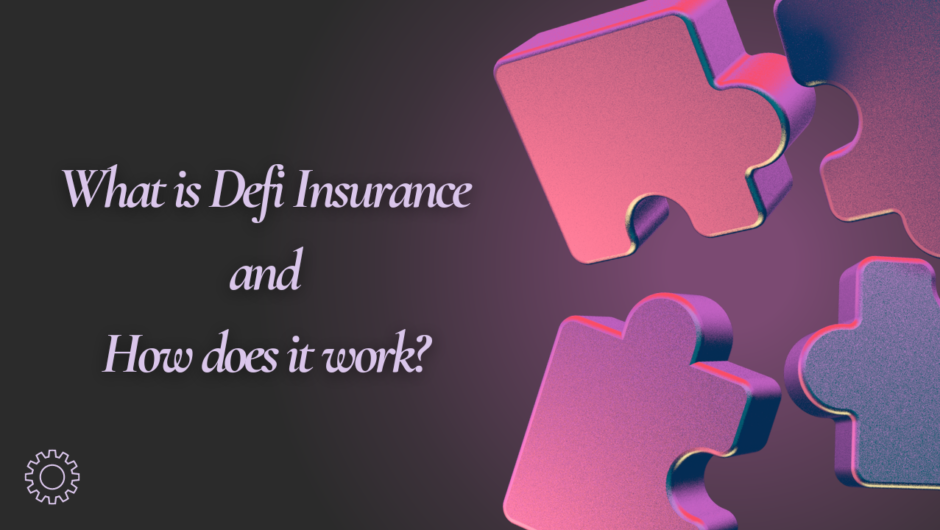Canceling an insurance policy is a significant decision that requires careful consideration. Whether you are switching providers, adjusting coverage, or simply no longer needing the policy, understanding the process is crucial to avoid potential pitfalls. The steps for cancellation can vary depending on the type of insurance and the provider’s policies. Generally, the process involves contacting your insurer, providing necessary documentation, and following specific instructions to ensure a smooth transition. It’s important to be aware of any penalties, refunds, or implications for future coverage. This guide will help you navigate the cancellation process effectively, ensuring you manage your insurance needs efficiently.

Overview of the Insurance Cancellation Process
The insurance cancellation process involves several steps to ensure that the policy is terminated smoothly and without unintended consequences. To begin, policyholders should review their insurance policy documents to understand any cancellation terms, including notice periods and potential penalties. The next step is to contact the insurance provider, either via phone, email, or their online platform, to initiate the cancellation. During this process, the policyholder will need to provide relevant details and, in some cases, fill out a cancellation form. After submitting the request, it’s crucial to confirm receipt and obtain written confirmation of the policy’s cancellation. The policyholder should also check for any refunds or adjustments to the premium paid. Understanding these steps and adhering to the insurer’s requirements helps avoid issues and ensures a smooth cancellation process.
Reasons for Canceling an Insurance Policy
- Switching Providers: Policyholders may find better coverage or lower premiums with another insurance company, prompting them to cancel their current policy.
- Adjusting Coverage: Changes in personal circumstances, such as downsizing a home or purchasing a new vehicle, may require modifications to coverage, leading to the cancellation of an existing policy.
- Financial Considerations: If the policy becomes too expensive, or if the policyholder’s financial situation changes, they may cancel to reduce expenses or seek more affordable options.
- No Longer Needed: Some policies, such as those for specific products or events, might no longer be necessary once the product is sold or the event is completed.
- Dissatisfaction with Service: Poor customer service or unresolved claims issues can prompt policyholders to seek a new provider that better meets their needs.
Steps to Cancel Your Insurance Policy
To cancel your insurance policy, follow these steps to ensure a smooth process:
- Review Your Policy: Start by examining your insurance policy for any cancellation terms, notice periods, and potential penalties. This helps you understand your obligations and avoid unexpected charges.
- Contact Your Insurer: Reach out to your insurance provider via phone, email, or their online portal. Inform them of your intent to cancel and request the necessary procedures or forms.
- Submit a Cancellation Request: Complete any required forms or provide written notice of cancellation as specified by your insurer. Include details such as your policy number and personal information.
- Confirm Receipt: Ensure that your cancellation request has been received and processed by the insurer. Obtain written confirmation of the cancellation to avoid future disputes.
- Check for Refunds: Review any refunds or adjustments to your premium and ensure that your financial transactions are complete.
What to Expect After Cancellation?
After canceling an insurance policy, several outcomes and steps are important to anticipate:
- Confirmation of Cancellation: You should receive written confirmation from your insurer verifying that the policy has been successfully canceled. Keep this document for your records.
- Refunds and Adjustments: Depending on your policy terms and the timing of the cancellation, you may be entitled to a refund of any unearned premiums. Review any financial adjustments to ensure you receive the appropriate amount.
- Impact on Coverage: Be aware that once canceled, you will no longer be covered under that policy. Ensure you have arranged alternative coverage if necessary to avoid a lapse in protection.
- Future Insurance: The cancellation might impact your future insurance applications. Some insurers may consider previous cancellations when assessing new policy applications.
- Documentation: Retain all documents related to the cancellation for future reference and to address any potential disputes
Conclusion
Canceling an insurance policy involves understanding your policy terms, following the proper procedure, and managing any financial implications. By carefully reviewing your policy, contacting your insurer, and ensuring you receive confirmation of cancellation, you can navigate the process smoothly. It’s important to address any refunds due and arrange for alternative coverage if needed to prevent a lapse in protection. Keeping thorough documentation of the cancellation will help resolve any future issues. With these steps, you can effectively manage your insurance needs and make informed decisions about your coverage.
Frequently Asked Questions (FAQs)
1. What is the typical notice period required to cancel an insurance policy?
Most insurance policies require a notice period ranging from 30 to 60 days before cancellation. Review your policy documents or contact your insurer to confirm the specific notice period applicable to your policy.
2. Will I receive a refund if I cancel my policy early?
Refund eligibility depends on your policy terms and the timing of the cancellation. Many insurers provide a refund for the unused portion of the premium, but this can vary. Check your policy details for information on refunds or adjustments.
3. Are there any penalties for canceling an insurance policy?
Some insurance policies may include cancellation fees or penalties. Be sure to review these terms to understand any potential costs associated with canceling your policy.
4. How will canceling my policy affect my future insurance applications?
Canceling a policy may impact future insurance applications, as some insurers consider past cancellations when assessing new applications. Maintaining a good payment history and ensuring a smooth cancellation process can help mitigate any negative effects.
5. Can I cancel my policy online?
Many insurers offer online cancellation options through their websites or mobile apps. Check with your provider to see if this service is available and follow their specific instructions for a seamless process.
Read More:
- Bike Insurance: Premium Details And How To Buy
- How safe private insurance companies are?
- 7 principles of Insurance which every investor should know
- Why should you avail life insurance?

Hello, I am Tanisha Kriplani, graduated in computer science from Delhi University. I am passionate about web content writing and have a strong interest in Data Analytics and Data Engineering.












